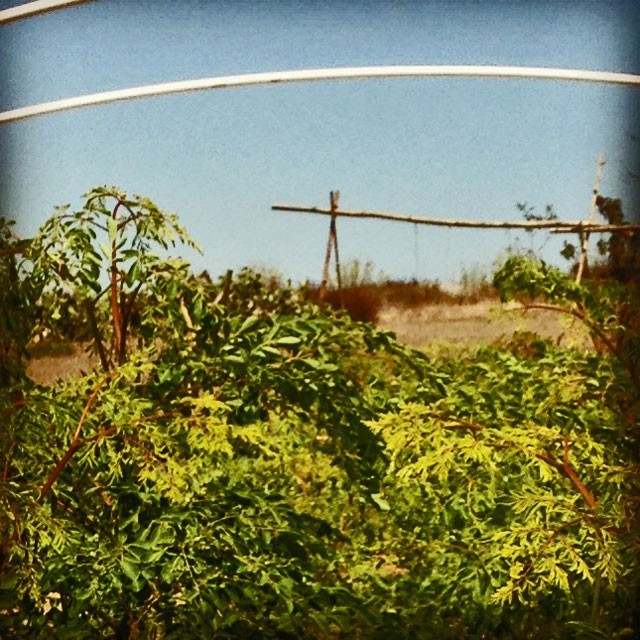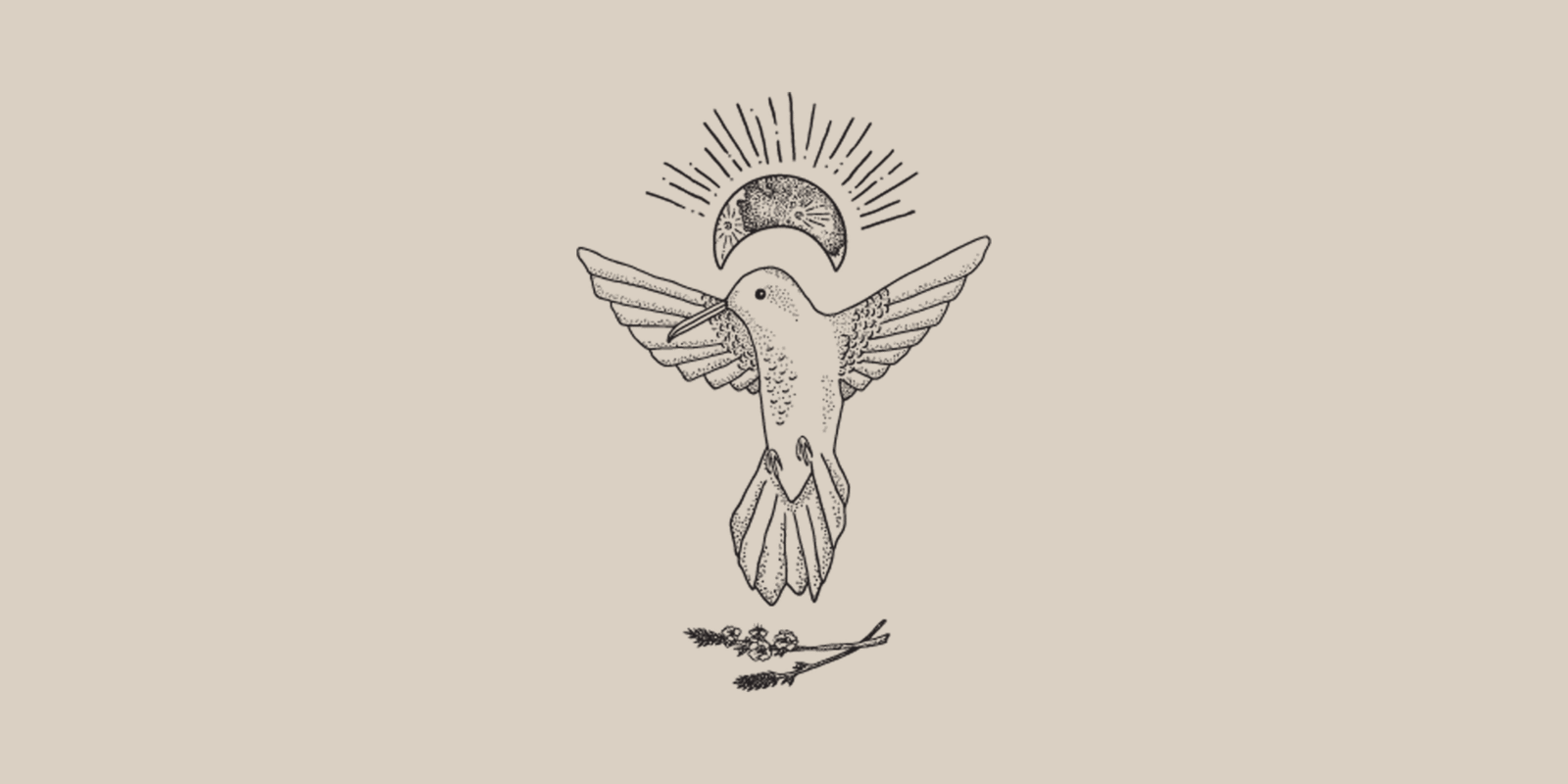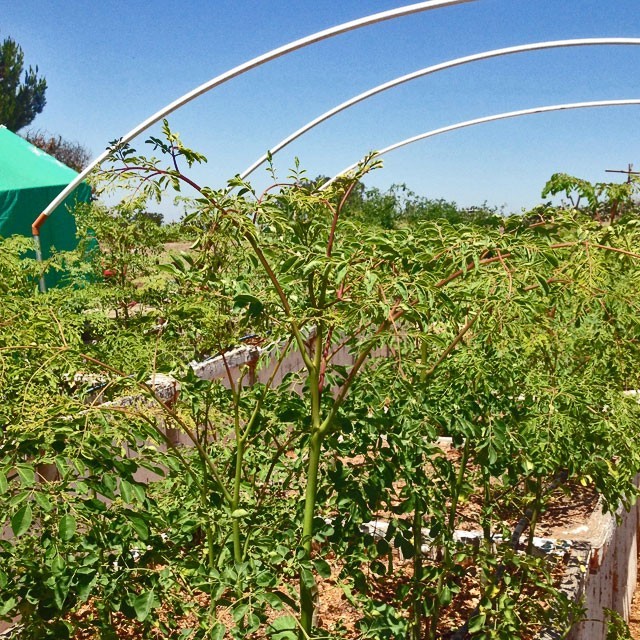Not only is the moringa tree a natural antiviral, it has been touted as a sort of panacea for malnourished populations, in that it’s effective against local disease and infections.
Most of the clinical information about moringa comes from India and Pakistan. The publications range from the 1950s up to the present. It is native to “the sub-Himalayan tracts of India, Pakistan, Bangladesh and Afghanistan.” There have been a number of clinical articles written about the vast healing and nutritional properties, in particular as a natural antibiotic. Here, I will just quickly summarize some medicinal attributes that were noted consistently throughout these articles.
In addition to its compelling water purifying powers and high nutritional value, Moringa oleifera is very important for its medicinal value. Various parts of this plant such as the leaves, roots, seed, bark, fruit, flowers and immature pods act as cardiac and circulatory stimulants, possess antitumor, antipyretic, antiepileptic, antiinflammatory, antiulcer, antispasmodic, diuretic, antihypertensive, cholesterol lowering, antioxidant, antidiabetic, hepatoprotective, antibacterial and antifungal activities, and are being employed for the treatment of different ailments in the indigenous system of medicine, particularly in South Asia.–International Journal of Biomedical and Advance Research.

It is clearly the area in which the preponderance of evidence—both classical scientific and extensive anecdotal evidence—is overwhelming. The scientific evidence has now been available for over 50 years, although much of it is completely unknown to western scientists.
Another clinical article published in India in November, 2011 reported that “M(oringa) oleifera possess significant antidiabetic and antioxidant activity.”
Personally, I have noticed the antiviral effects of the moringa tree..When I feel weak from fatigue or because I’m sick, eating some moringa, makes me feel better almost immediately. I feel like I have more energy, like some of my strength has returned.
Moringa is also known as the horseradish tree. I like this name, because there is a spiciness to the moringa that resembles wasabi a bit, along with fresh green and minty flavors. I can feel my nasal passageways open a bit, like when I eat wasabi with sushi. Plus, there’s that minty freshness.

